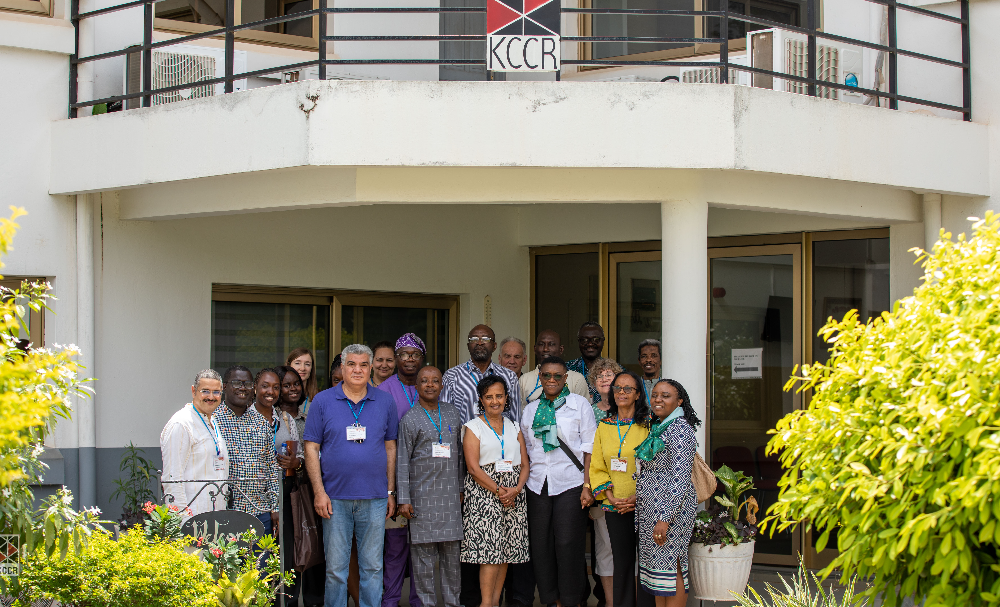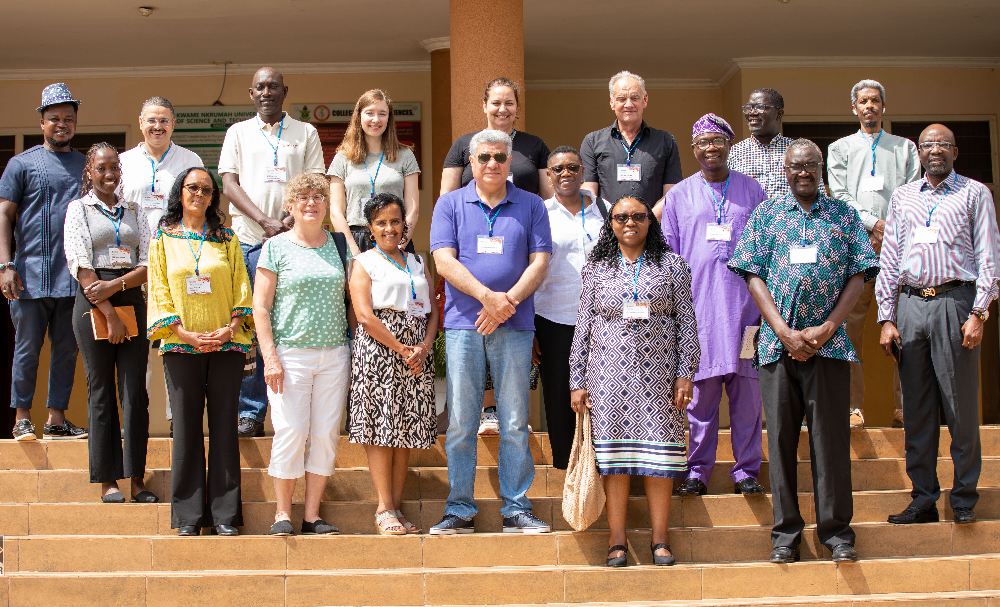The ADAPT One Health Network for Disease Prevention has intensified its focus on Antimicrobial Resistance (AMR) and Antimicrobial Stewardship (AMS) during its Annual General Meeting held in Kumasi. The event featured high-level research presentations and capacity-building workshops aimed at strengthening the skills of African scientists.
Professor Richard Odame Philips, Scientific Director of the Kumasi Centre for Collaborative Research in Tropical Medicine (KCCR), highlighted the Centre’s significant contributions to AMR and AMS research. He also provided an overview of KCCR and its affiliation with the Kwame Nkrumah University of Science and Technology (KNUST).
Professor Alex Owusu-Ofori, Head of the Department of Clinical Microbiology at KNUST, led a session on antimicrobial stewardship and warned against the misuse of antibiotics in poultry farming, citing serious public health risks.
“We believe the most appropriate way to combat AMR is through Antimicrobial Stewardship using the One Health approach. With a coordinated strategy, we can tackle the growing menace of antibiotic resistance,” he said.
“Each time antibiotics are used, microorganisms are exposed to their mechanisms of action, and over time, they develop ways to overcome them. Antibiotics should be reserved for when animals or humans are genuinely ill; otherwise, we must refrain from using them.”
Other workshops included sessions on antimicrobial susceptibility testing, led by Professor Annemarie Kaesbohrer from Germany’s Federal Institute for Risk Assessment (BfR), and hands-on sequencing workshops conducted by Dr. Ahmed Abd El Wahed (Leipzig University) and Dr. Michael Frimpong (KNUST). These sessions drew participation from young researchers across seven African countries.
About the ADAPT One Health Network for Disease Prevention

The mission of the ADAPT One Health Network is to build capacity across seven sub-Saharan African countries, including Ghana, to enhance the management of antimicrobial resistance (AMR), neglected tropical diseases (NTDs), and the responsible use of antimicrobials. The project employs a One Health approach, working in partnership with national, local, and regional stakeholders to drive sustainable, evidence-based interventions.

















